REACH Network and ITI launch new Advisory Panel to strengthen azithromycin stewardship for child survival
The REACH Network and the International Trachoma Initiative (ITI) are pleased to announce the launch of the Advisory Panel on Azithromycin for Child Survival (APACS), a new independent body established to provide expert guidance on the responsible and effective use of azithromycin to help reduce child mortality in high-burden settings.
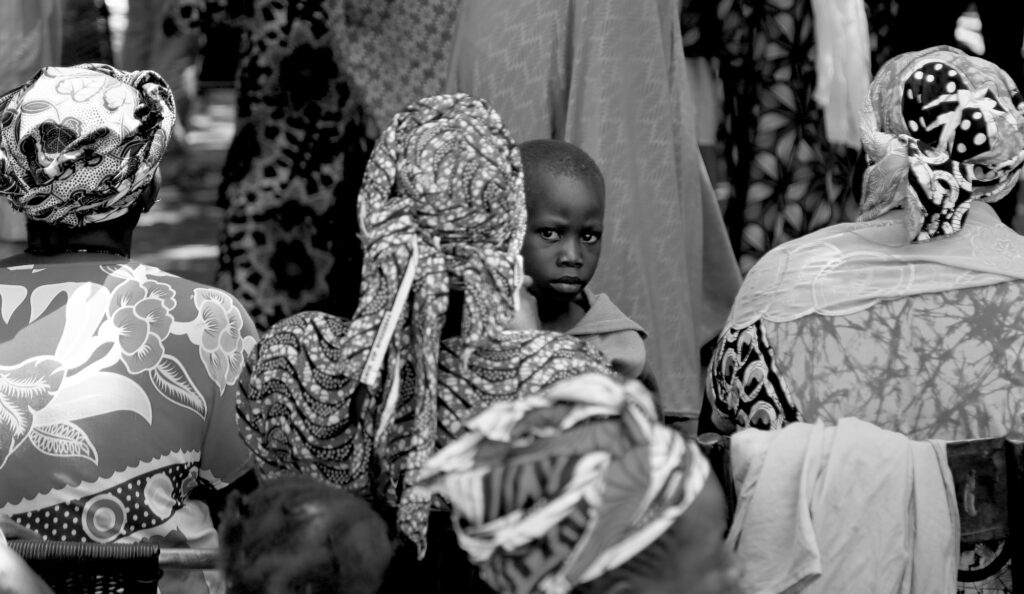
Brief
Why APACS?
This new initiative brings together leading national, regional, and global experts to ensure that the use of azithromycin for child survival is safe, equitable, and grounded in the best available evidence based on the principles of the Abuja Declaration, which the co-chairs of the REACH Network signed in 2024.
What does APACS do?
The panel advises on critical issues, including drug allocation, safety, supply chain planning, as well as strategies to reach the most vulnerable populations and antimicrobial resistance (AMR).
“This is a moment of great promise,” said Professor Samba Sow, Co-Chair of the REACH Network.
“We are seeing renewed commitment from countries to tackle child mortality with the urgency it requires.
“APACS will support that leadership by ensuring drug stewardship is transparent, data-driven, and informed by country priorities.”

COLLABORATION
In 2024, ITI, a program of the Task Force for Global Health, expanded its drug stewardship role to include support for child survival interventions using azithromycin, working in close collaboration with the REACH Network and health ministries.
This collaboration builds on ITI’s nearly three decades of experience overseeing the donation of over one billion doses of azithromycin for trachoma elimination, with a proven track record of highly efficient and low-waste distribution.
“Azithromycin has the power to save lives when used appropriately,” said PJ Hooper, Director of ITI.
“The launch of APACS marks a critical step forward in protecting this potential. By setting high standards for stewardship, transparency, and accountability, APACS ensures that azithromycin is used where it’s needed most – delivered to the right place, at the right time, to reach the children who need it most.”

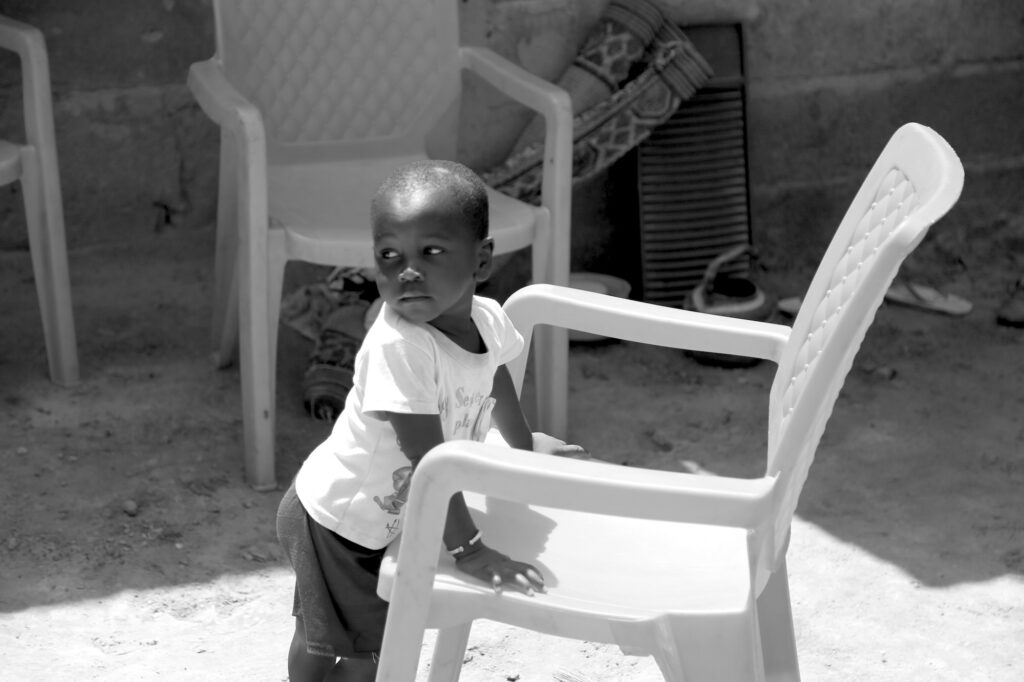
Representation
The panel’s founding members include representatives nominated by the Ministers of Health from Mali, Niger, Nigeria, and Burkina Faso, as well as global experts in maternal and child health, pharmacovigilance, and mass drug administration.
The panel will meet regularly to offer guidance to the REACH Network, ITI, donors, and implementing partners.
The first virtual meeting of APACS was held in August 2025, with an in-person convening to follow during the REACH Network Annual Meeting in November.
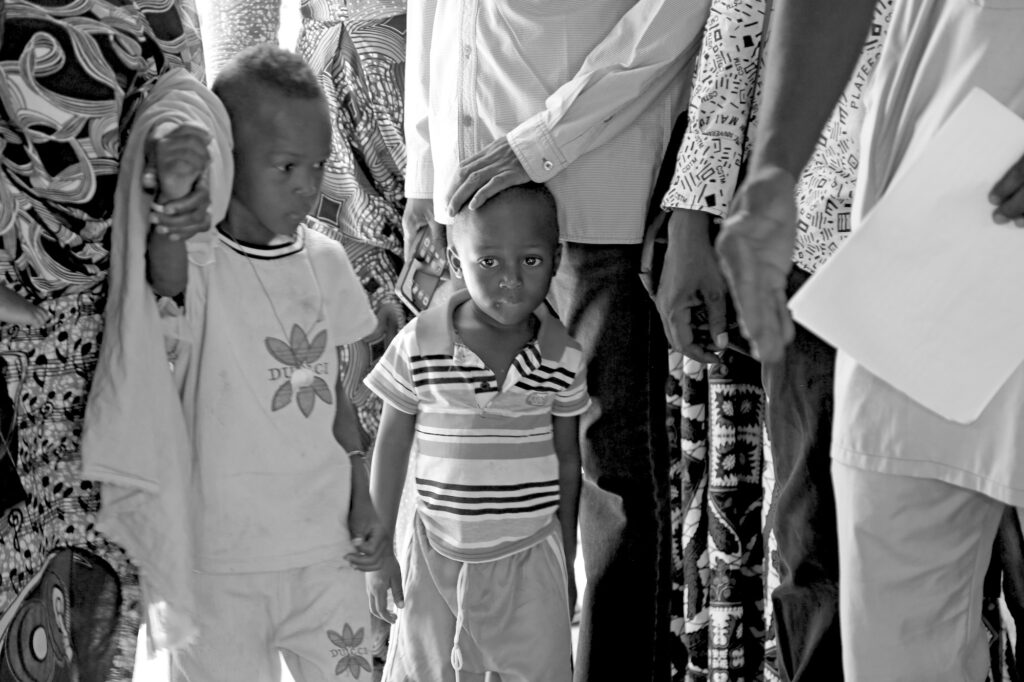
Commitment
Both REACH and ITI emphasized that the APACS technical platform also represents their shared commitment to child survival, country leadership, and responsible global health partnerships.
This initiative is made possible through the support of the Gates Foundation and Pfizer, whose commitment to drug donation and equitable access continues to save lives around the world.
ALIGNMENT
“We are very proud to support this effort,” said Professor Samba Sow.
“But more than that, we are excited. Because when countries lead, when partners align, and when science is used wisely, we will save lives, many, many lives.”
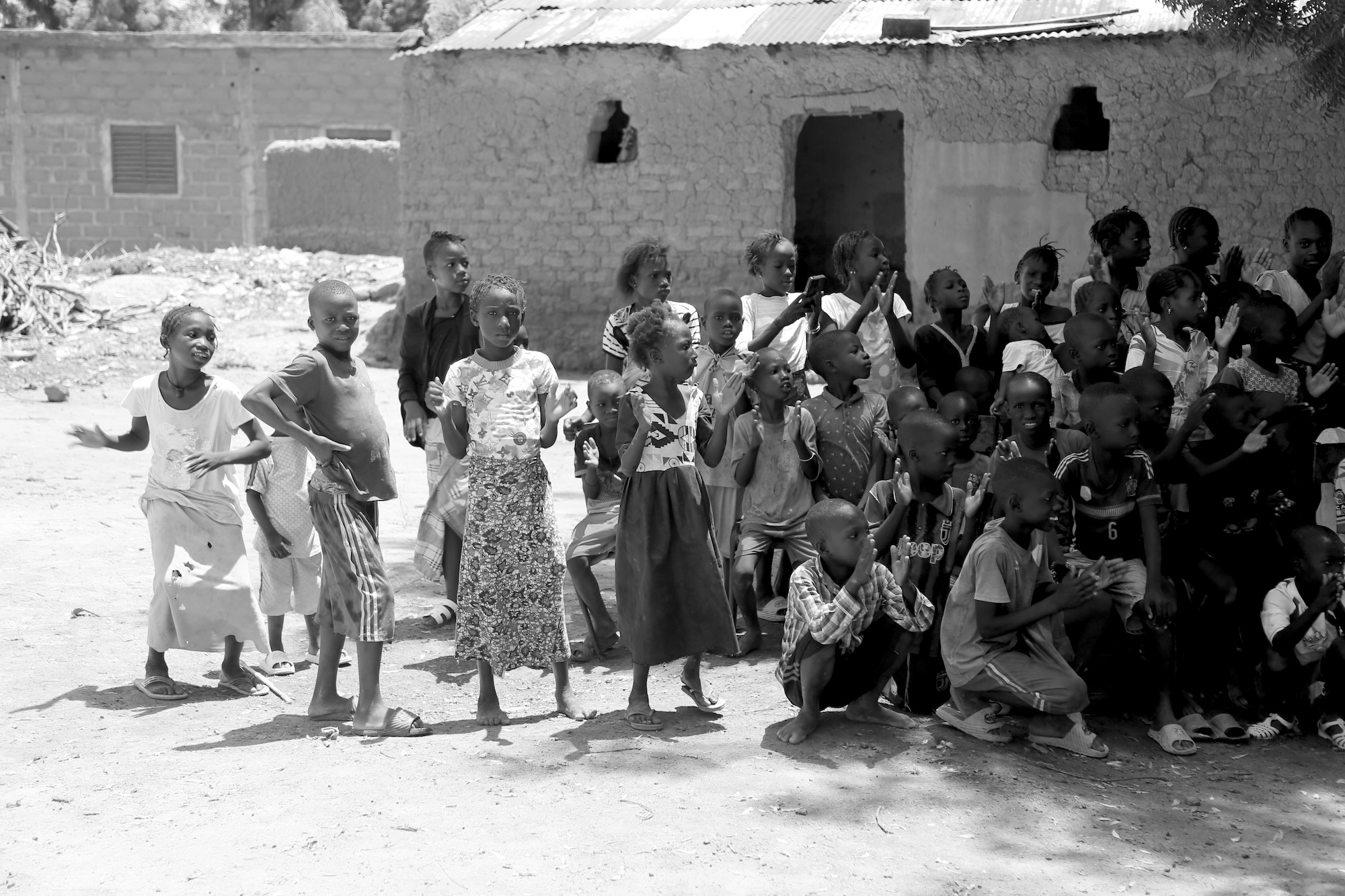
APACS PARTNERS
About the REACH Network
The REACH (Resiliency through Azithromycin for Child Survival) Network is a coalition of African-led research institutions, Ministries of Health, policy makers, and global health partners working together to reduce preventable child mortality through integrated, scalable, and evidence-based interventions.

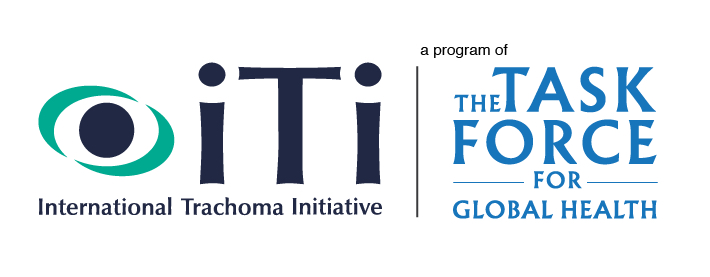
About the International Trachoma Initiative (ITI)
A program of The Task Force for Global Health, ITI manages the donation and delivery of azithromycin for trachoma elimination and now supports efforts to improve child survival through safe and effective drug stewardship, supply chain support, and country-led implementation planning.
Contact
You can use the form provided here to contact the Secretariat to the Advisory Panel on Azithromycin for Child Survival, or email secretariat@apacs.africa.
The Secretariat aims to provide an answer to queries within three working days.